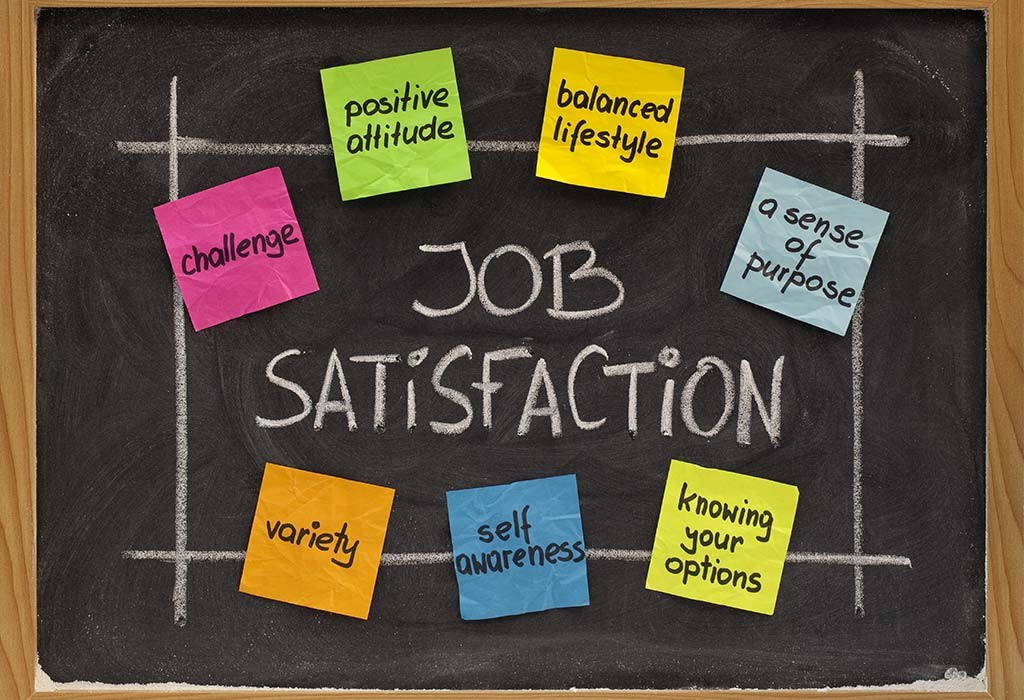Introduction:
Rewards play a vital role in motivating individuals and teams across various aspects of life, from workplaces to schools to personal relationships. Reward systems help reinforce positive behaviors, encourage goal achievement, and boost morale. This article delves into the concept of MyGreenBucks.net exploring different types, benefits, and effective strategies for creating reward systems.
What are Rewards?
Rewards are incentives provided to individuals or groups as a form of recognition or appreciation for their efforts, achievements, or behaviors. They can be tangible or intangible and are used in multiple environments, such as workplaces, schools, and homes. Rewards aim to reinforce desired actions, create positive associations, and motivate people to continue pursuing goals.
Why Rewards Matter
Rewards are powerful tools for several reasons:
Increases Motivation: Rewards drive people to perform better and remain engaged.
Builds Loyalty: Recognizing efforts fosters loyalty and strengthens relationships.
Enhances Performance: Rewards encourage individuals to push their boundaries and reach higher standards.
Promotes Positive Behavior: In schools, homes, and workplaces, rewards encourage individuals to make better choices.
Types of Rewards
Rewards can be classified into different categories based on their nature and the purpose they serve. Here are some of the most common types of rewards:
- Financial Rewards
Financial rewards are monetary incentives provided to individuals as compensation for their achievements or efforts. These can include:
Bonuses: Additional payments given to employees for reaching targets.
Salary Increases: A raise in salary as recognition for consistent performance.
Commission: Earnings based on sales or results, common in sales jobs.
Gift Cards and Vouchers: Non-cash rewards that can be used for purchases.
- Non-Financial Rewards
Non-financial rewards are incentives that do not involve money but still provide value and satisfaction. Examples include:
Recognition: Acknowledging someone’s efforts publicly or privately.
Opportunities for Growth: Offering additional responsibilities, promotions, or training.
Extra Time Off: Providing additional vacation days as a reward.
Flexible Work Options: Allowing remote work, flexible hours, or reduced workload as a reward.
- Tangible Rewards
Tangible rewards are physical items that recipients can use or enjoy. They often hold significant appeal because they provide a visible reminder of achievement. Tangible rewards can include:
Gifts: Items like electronics, gadgets, or household items.
Event Tickets: Passes to concerts, sports events, or other experiences.
Merchandise: Branded items like clothing, mugs, or bags.
Travel Packages: Vacations or retreats offered as rewards for significant achievements.
- Intangible Rewards
Intangible rewards are psychological incentives that fulfill emotional or intrinsic needs. These rewards have a powerful impact, especially in long-term motivation:
Praise and Encouragement: Positive feedback that builds confidence.
Autonomy: Giving individuals more control over their tasks.
Personal Development: Opportunities to learn new skills or engage in self-improvement activities.
Sense of Achievement: Providing tasks or goals that help individuals feel accomplished.
Benefits of Reward Systems
Implementing a well-thought-out reward system has numerous advantages, benefiting both the organization and the individuals involved. Here are some key benefits:
- Improves Morale and Job Satisfaction
When people feel recognized and rewarded, they tend to be more satisfied with their work or roles. This, in turn, leads to better morale, a positive outlook, and a more vibrant work environment.
- Encourages Productivity and Efficiency
Rewards provide clear goals and reinforce positive behaviors, which boosts productivity. Individuals who feel valued are likely to go above and beyond to achieve targets and complete tasks efficiently.
- Reduces Turnover
Offering rewards and recognition fosters loyalty, reducing the likelihood of individuals leaving the organization or group. When people see that their efforts are appreciated, they are more likely to stay committed.
- Enhances Teamwork
Reward systems encourage collaboration and teamwork by recognizing collective achievements. When team members work towards a common goal with rewards in mind, cooperation and team dynamics improve.
- Builds a Positive Culture
A culture that values rewards and recognition creates an encouraging and supportive environment. This culture boosts creativity, inspires initiative, and strengthens overall engagement.
Effective Strategies for Reward Systems
Creating a reward system requires careful planning and consideration to ensure that the rewards are meaningful and effective. Here are some strategies for developing an impactful reward system:
- Set Clear Goals and Expectations
For a reward system to be effective, individuals must understand what is expected of them and what they stand to gain. Defining specific objectives and linking rewards to those objectives creates a transparent and motivating environment.
- Customize Rewards to Suit Individual Preferences
Not all rewards resonate equally with everyone. Personalizing rewards based on individual preferences makes them more impactful. For instance, some employees might prefer flexible work hours over monetary rewards, while others might value public recognition.
- Balance Short-Term and Long-Term Rewards
Incorporating a mix of short-term and long-term rewards keeps individuals motivated over time. Short-term rewards, like small bonuses or daily recognition, provide immediate satisfaction. Long-term rewards, such as promotions or annual bonuses, encourage sustained effort.
- Recognize Both Individual and Group Achievements
It’s essential to reward both individual and team contributions. While individual recognition boosts personal confidence, rewarding team efforts fosters collaboration and shows that collective success is valued.
- Be Consistent and Fair
A reward system should be fair and consistent to maintain trust and prevent conflicts. Avoid favoritism and ensure that rewards are based on clearly defined criteria to encourage everyone to work towards the same standards.
- Use Technology for Tracking and Transparency
Utilizing technology, such as performance tracking software, helps in maintaining transparency and consistency in the reward process. This software can track achievements, set benchmarks, and allow for real-time feedback, making the reward system more efficient and objective.
- Provide Constructive Feedback Along with Rewards
When rewarding individuals, offering constructive feedback can enhance the impact of the reward. This feedback helps recipients understand what they did well and what they can improve on, supporting both personal and professional growth.
Common Pitfalls to Avoid in Reward Systems
While rewards can be powerful, poorly designed reward systems may lead to unintended consequences. Here are some pitfalls to avoid:
- Overemphasis on Competition
Reward systems that focus heavily on competition may create a stressful environment. While competition can motivate some individuals, too much can discourage others or harm team dynamics.
- Ignoring Intrinsic Motivation
Rewards should complement intrinsic motivation, not replace it. Over-reliance on external rewards can diminish an individual’s internal drive to perform well for the satisfaction of the work itself.
- Failing to Adapt Rewards
The same reward system might not work for everyone or in every situation. It’s essential to assess and adapt the reward system over time, ensuring it stays relevant and meaningful for all individuals involved.
Conclusion
Rewards are powerful tools for encouraging positive behaviors, improving performance, and creating a motivated and loyal community. From financial incentives and tangible gifts to verbal praise and growth opportunities, rewards can take various forms to suit different needs. By establishing a well-rounded reward system, setting clear expectations, and avoiding common pitfalls, organizations, educators, and leaders can create an environment that values achievement, nurtures potential, and fosters a culture of appreciation.
Implementing a thoughtful, fair, and customized reward system is an effective way to inspire individuals and groups to reach their fullest potential, ensuring long-term success and satisfaction.


